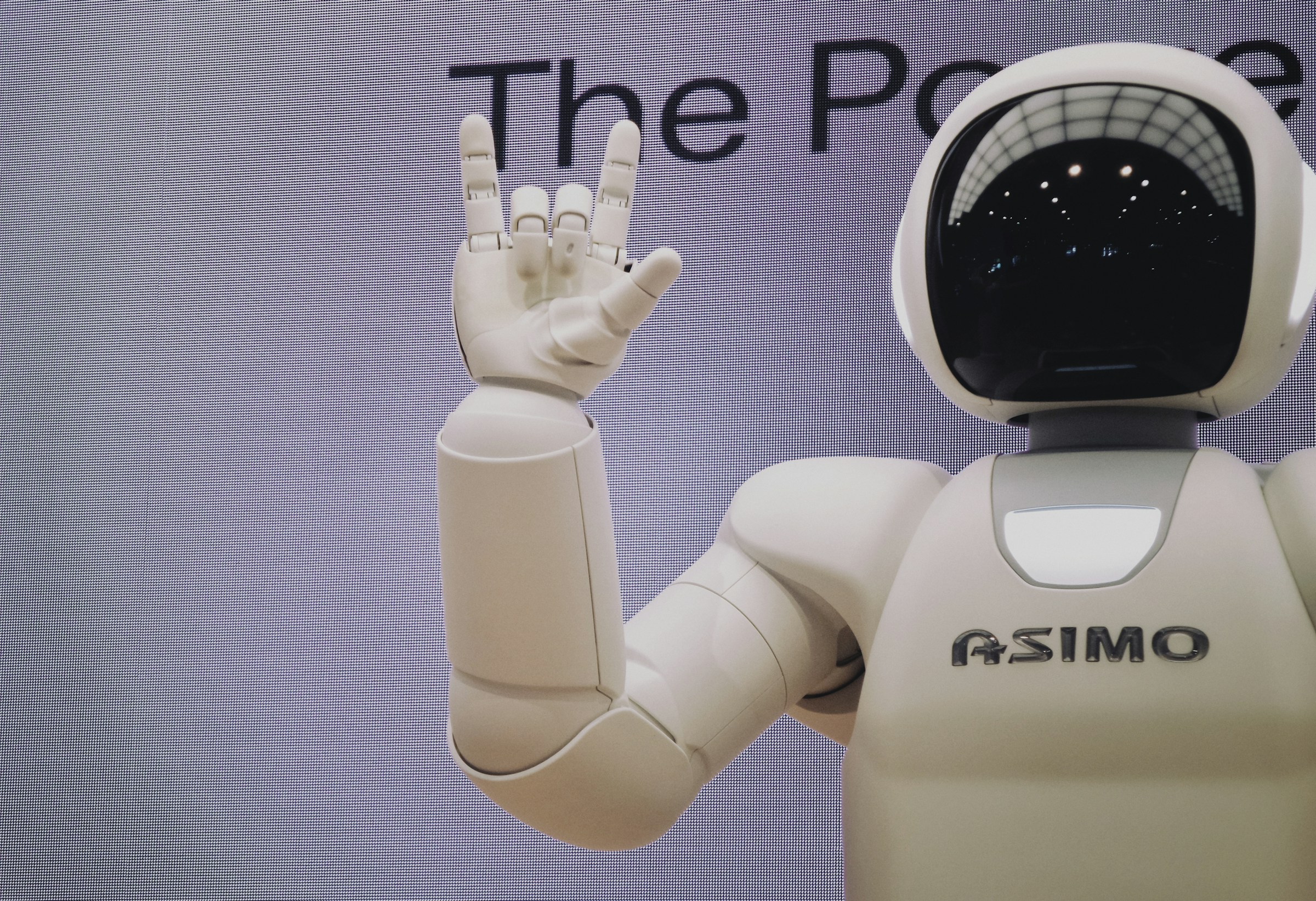Unlocking the Power of AI: Enhancing Personalized Learning Experiences in UK Schools
The integration of artificial intelligence (AI) in education is transforming the way students learn, teachers teach, and schools operate. In the UK, where technological advancements are rapidly reshaping various sectors, the potential of AI in education is particularly promising. Here, we delve into how AI is enhancing personalized learning experiences, the challenges and opportunities it presents, and the steps being taken to ensure its effective and safe implementation.
The Promise of AI in Education
AI is not just a tool; it is a revolution in the education sector. It offers the ability to personalize learning experiences, adapt to individual needs, and streamline educational processes.
Topic to read : Embracing Sustainable Water Practices: A Guide to Eco-Friendly Water Management in UK Agriculture
Personalized Learning Paths
AI can design unique learning pathways for each student, making their learning experience more effective and engaging. For instance, tools like hundo’s Career CoPilot use AI to create interactive and adaptive learning experiences that respond to the specific needs and abilities of each student.
- **Adaptive Learning**: AI adjusts the difficulty level and content of learning materials based on a student's performance and learning style.
- **Real-Time Feedback**: AI provides immediate feedback on assignments and quizzes, helping students understand their strengths and weaknesses.
- **Learning Analytics**: AI-driven analytics help educators tailor educational content to meet individual student needs, fostering a more inclusive and effective learning environment.
Enhancing Teacher Productivity
AI is not meant to replace teachers but to support them. By automating repetitive tasks, AI frees up educators to focus on what matters most: providing personalized support, nurturing students’ passions, and fostering a love of learning.
Additional reading : Unlocking Success: A Step-by-Step Guide to Digital Transformation for UK Enterprises
- **Automating Administrative Tasks**: AI can manage workload efficiently, allowing administrators to focus on more critical tasks.
- **Resource Creation**: AI assists in creating lesson plans and learning materials, saving teachers valuable time.
- **Student Support**: AI can help teaching assistants tailor learning materials to the specific needs of their students, enhancing the overall learning experience.
Addressing the Skills Gap and Economic Gains
The UK is at the cusp of a technological revolution, and AI is central to this transformation. However, there is a significant skills gap that needs to be addressed to fully leverage the potential of AI.
Economic Implications
Investments in AI, such as the £10 billion investment by Blackstone to create one of the largest AI data centers in Europe, highlight the economic gains that AI can bring. This project alone is projected to create 4,000 jobs in the North East of England, demonstrating the potential for AI to drive economic growth.
Bridging the Skills Gap
To cultivate a homegrown tech workforce, it is crucial to empower students and young people with the skills they need to thrive in an AI-driven job market. This requires a policy overhaul to update regulations and allow the controlled use of AI tools in schools.
- **Policy Overhaul**: Update regulations to permit the safe and controlled use of AI tools in educational settings.
- **Stakeholder Collaboration**: Encourage dialogue between educators, tech providers, and policymakers to address concerns and find solutions.
- **Investment in Training**: Provide resources and training for teachers to effectively integrate AI into their curricula.
Ensuring Data Privacy and Safety
One of the primary concerns about integrating AI into education is data privacy. However, this does not have to be an insurmountable barrier.
Safeguarding Student Data
Tools like hundo’s Career CoPilot are designed with data protection in mind. According to Scott Byrne-Fraser, Technical Co-Founder of hundo, “All the data a student chooses to put onto the platform is totally under their control… What makes Career CoPilot a leader in the education field is that it responds to concerns over student privacy by adhering to all relevant data protection regulations”.
Public Attitudes and Policy Alignment
Public attitudes toward AI in education are evolving. A recent Gov.uk report found that while initial views were skeptical, there is openness to learning more about AI’s potential in education. Parents and pupils agree that AI can support classroom learning, provided it is implemented safely and responsibly.
Practical Implementation and Case Studies
Several initiatives are underway to integrate AI into UK schools effectively.
Google AI Works Pilot
Google’s ‘AI Works’ pilot with multi-academy trusts like Lift Schools and LEO Academy Trust is a prime example. This pilot aims to understand the impact of AI on upskilling and adoption in schools. Educators are learning job-relevant use cases during hands-on workshops, which will help build trust and confidence in AI.
- **Streamlining Daily Tasks**: AI helps administrators manage their workload more efficiently, giving them more time to focus on critical tasks.
- **Enhancing Learning Experiences**: Teachers use AI to brainstorm innovative lesson plans and create engaging content that caters to diverse learning styles.
- **Tailoring Learning Materials**: Teaching assistants use AI to tailor learning materials to the specific needs of their students.
Table: Comparing AI Tools in Education
| AI Tool | Primary Function | Benefits | Data Privacy |
|---|---|---|---|
| hundo’s Career CoPilot | Personalized learning paths, real-time feedback | Increased student engagement, improved learning outcomes | Adheres to all relevant data protection regulations |
| Google AI Works | Streamlining administrative tasks, enhancing learning experiences | Increased productivity, better use of teacher time | Ensures data privacy through secure and controlled use |
| AI-driven Analytics | Tailoring educational content, learning analytics | More inclusive and effective learning environment | Protects student data through robust security measures |
Future Education and Continuous Improvement
The future of education is intertwined with the development and integration of AI. Here are some key points to consider for long-term success:
Long-Term Benefits
- Continuous Improvement: AI can help in continuous improvement by analyzing learning outcomes and providing insights for better teaching methods.
- Problem Solving and Critical Thinking: AI can enhance problem-solving and critical thinking skills by providing adaptive learning paths and real-time feedback.
- Collaborative Learning: AI can facilitate collaborative learning by creating platforms where students can interact and learn from each other in a personalized manner.
Intelligent Tutoring Systems
AI can act as an intelligent tutoring system, providing one-on-one support to students. This is particularly beneficial for students who need extra support or those who are advanced and need more challenging content.
- **Personalized Tutoring**: AI can offer personalized tutoring, adjusting the content and difficulty level based on the student's performance.
- **Real-Time Support**: AI can provide real-time support, answering questions and offering feedback immediately.
- **Learning Paths**: AI can create customized learning paths, ensuring that each student progresses at their own pace.
The integration of AI in UK schools is not just a technological advancement but a necessary step towards preparing the next generation for a future dominated by artificial intelligence. By addressing concerns over data privacy, investing in safe AI solutions, and revising educational policies, the UK can unlock the full potential of AI in education.
As James Browning, COO at Lift Schools, noted, “AI will assist in tasks like resource creation and lesson planning, but it is the teachers who will continue to interpret, inspire, and guide their students towards success. This distinction is key — we see AI as a partner in education, not a replacement for the passion and dedication of educators”.
By embracing AI in education, the UK can ensure that its students are equipped with the skills they need to thrive in the future, driving economic prosperity and solidifying its position as a global tech leader. The future of education is here, and it is powered by artificial intelligence.







